♣ Ballon d'Or (Golden Ball)
The Ballon d'Or (French pronunciation: 'Golden Ball') is an annual football award presented by French news magazine France Football since 1956 to honour the player deemed to have performed the best over the previous season.
Conceived by sports writers Gabriel Hanot and Jacques Ferran, the Ballon d'Or award was based exclusively on voting by football journalists, from 1956 to 2006. Originally, it was awarded only to players from Europe and was widely known as the European Footballer of the Year award. In 1995, the Ballon d'Or was expanded to include all players of any origin that have been active at European clubs. The award became a global prize in 2007 with all professional footballers from around the world being eligible; additionally, coaches and captains of national teams were also given the right to vote, before reverting to just journalists in 2016.
Between 2010 and 2015, in an agreement with FIFA, the award was temporarily merged with the FIFA World Player of the Year, and was known as the FIFA Ballon d'Or. That partnership ended in 2016, and the award reverted to the Ballon d'Or, while FIFA also reverted to its own separate annual award, The Best FIFA Men's Player. In 2022, France Football modified the rules for the Ballon d'Or. The timing was changed so that awards were given not for achievements during a calendar year, but for a football season, and it was also determined that only a single journalist from each country in the top 100 of the FIFA Men's World Ranking would be allowed to vote. UEFA is set to co-organize the awards gala—with France Football retaining the voting system and the Ballon d'Or name—starting from the upcoming 2024 edition.
Lionel Messi won the award a record eight times, and he is also the current holder of the Ballon d'Or, having won its most recent edition in 2023. Cristiano Ronaldo has won it five times and amassed a record eighteen nominations in his career. Michel Platini, Johan Cruyff and Marco van Basten each won the award three times, while Franz Beckenbauer, Ronaldo, Alfredo Di Stéfano, Kevin Keegan and Karl-Heinz Rummenigge have each won it twice.
▲ Ballon d'Or Trophy

▼ Connection Pages
♣ Overview
The Ballon d'Or is widely regarded as football's most prestigious and valuable individual award. Nevertheless, critics have occasionally described the award as a "popularity contest", criticizing its voting process, its bias in favour of attacking players, and the idea of systematically singling out an individual in a team sport.
Stanley Matthews of England was the inaugural winner of the Ballon d'Or. Prior to 2007, the award was based exclusively on voting by football journalists and was generally known as the continental European Footballer of the Year award in English language and much international media. Even after 2007, it was usually identified with and referred to by that name because of its origin as a European award, until it was merged with FIFA World Player of the Year award cementing its new worldwide claim. Liberia's George Weah, the only African recipient, became the first non-European to win the award in 1995, the year that rules of eligibility were changed and the Ballon d'Or was expanded to include all players of any origin, active at European clubs; two years later, Ronaldo of Brazil became the first South American to claim the award, and he still remains the youngest winner ever at 21 years and 5 months old. The award became a global prize in 2007 with all professional footballers from clubs around the world being eligible; additionally, coaches and captains of national teams were also given the right to vote, before reverting to just journalists in 2016.
Lionel Messi has won the Ballon d'Or a record eight times, while five-time winner Cristiano Ronaldo has earned the most nominations with eighteen. Messi is the only player to win the award with three different teams and also the only one to win it while playing outside Europe, as well as being the player with the most podiums, finishing in the top-three a record fourteen times. Three players have won the award three times each: Michel Platini, Johan Cruyff and Marco van Basten. With seven awards each, Dutch, German, Portuguese and French players have won the second most Ballons d'Or, underneath Argentina in first with eight. Players from Germany (1972, 1981) and the Netherlands (1988) occupied the top-three spots in a single year. German (1972) and Italian (1988–1990) clubs achieved the same feat, including two individual years dominated by AC Milan players (1988, 1989), a unique record until Spanish clubs experienced an unprecedented dominance (2009–2012, 2015, 2016) and Barcelona (2010) became the second club to occupy the top-three. The award shows a bias in favour of attacking players, and, over time, it has gone to a more exclusive set of leagues and clubs. Prior to 1995, ten leagues supplied Ballon d'Or winners, whereas only England, France, Germany, Italy, Spain and the United States have supplied winners since then. Spain's La Liga has the most Ballon d'Or winners overall, with twenty-four wins shared between Barcelona and Real Madrid; with twelve wins each, the two Spanish clubs also lead the overall club ranking for producing the most winners.
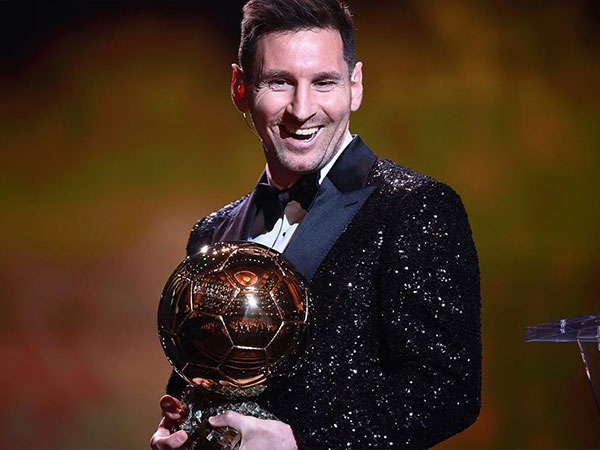
▲ Lionel Messi (Ballon d'Or Biggest Winner)
Between 2010 and 2015 inclusive, the award was merged with a similar one, the FIFA World Player of the Year award, to create the FIFA Ballon d'Or, which was awarded to the world's best male player before FIFA and France Football decided not to continue the merging agreement. The recipients of the joint FIFA Ballon d'Or are considered as winners by both award organizations. After 2011, UEFA created the UEFA Best Player in Europe Award to maintain the tradition of the original Ballon d'Or of specifically honouring a football player from Europe. In 2020, Groupe Amaury, to which France Football belongs, decided that no award would be given for the year due to the COVID-19 pandemic cutting short the seasons of football clubs worldwide. The widespread public opinion is that the 2020 award should have been given to Robert Lewandowski.
France Football modified the rules for the Ballon d'Or in 2022. They changed the timing so that awards were given not for achievements during a calendar year, but for a football season. It was also decided that only a single journalist from each country in the top 100 of the FIFA Men's World Ranking would be allowed to vote. The plebiscite had previously been open to all countries since 2007. This brought the Ballon d'Or into line with the UEFA Men's Player of the Year Award which was slightly less dominated by exclusive leagues and, in particular, Cristiano Ronaldo and Lionel Messi in the 2010s. Beginning in 2024, UEFA is set to co-organize the Ballon d'Or with France Football, with the magazine retaining the voting system and the Ballon d'Or name and UEFA organizing the awards gala.
Ballon d'Or Féminin
The Ballon d'Or Féminin (French pronunciation: [balɔ̃ dɔʁ feminɛ̃]), also known as the Women's Ballon d'Or, is an association football award presented by France Football that honours the player deemed to have performed the best over the previous season. It was first awarded in 2018, with Ada Hegerberg of Norway becoming the inaugural recipient of the award.
Australian striker Sam Kerr and French defender Wendie Renard are the only players to have been nominated for the award every year since its inception (2018, 2019, 2021, 2022, 2023). Sam Kerr is the only player to place in the top 20 nominations every year, and has consistently been in the top 7. In 2022, Barcelona captain Alexia Putellas became the first and only player to win the award twice and in consecutive years.
▲ Aitana Bonmatí (Ballon d'Or Féminin 2023 Winner)
Kopa Trophy
The Kopa Trophy is an association football award presented to the best performing player worldwide under the age of 21 during a joint ceremony with the Ballon d'Or. The award is presented by France Football and is named after late French footballer Raymond Kopa, the winner of the 1958 Ballon d'Or.
The winner is selected by a jury of all former Ballon d'Or winners. The Kopa Trophy is also open to top players outside of the UEFA leagues unlike the Golden Boy award which is European-based only.
▲ Jude Bellingham (Ballon d'Or Kopa Trophy 2023 Winner)
Yashin Trophy
The Yashin Trophy is an association football award presented annually by France Football to the best performing goalkeeper.
The award is named after former Soviet Union goalkeeper Lev Yashin, and the winner is selected by former Ballon d'Or winners since its creation in 2019.
▲ Emiliano Martínez (Ballon d'Or Yashin Trophy 2023 Winner)
Ballon d'Or Dream Team
The Ballon d'Or Dream Team is an all-time all-star team published by France Football on 14 December 2020 after conducting an internet poll of fans to select a football dream team starting from October 2020. The final team was selected by 140 France Football correspondents around the world. A second and a third team were also published.
Ballon d'Or Dream Team Nominations
The nominations were announced from 5 October 2020 through 19 October 2020. The winners were revealed on 14 December 2020 and lined up in a 3–4–3 formation. Brazil was the country with the highest number of nominated players (20 athletes), ahead of Italy (16), Germany (13), Netherlands (12), Spain (8), England and France (7).
▲ Ballon d'Or Dream Team Nominations
Super Ballon d'Or
The Super Ballon d'Or (French: Super Ballon d'Or) is the name of a prize that was awarded only once on 24 December 1989, by the French magazine France Football for the best football player of the previous three decades. It is even more exclusive than the prestigious Ballon d'Or.
As of November 1989, this award has only been given once, to Spanish-Argentine forward Alfredo Di Stéfano. The award was voted between multiple-time Ballon d'Or winners. The winner of the award was voted by viewers and readers, a panel of France Football judges, and former Ballon d'Or winners. The viewers and readers voted Michel Platini as the best, but the France Football jury and former Ballon d'Or winners chose Alfredo Di Stéfano.
For many years, his Super Ballon d'Or trophy was on display at the Real Madrid museum at Santiago Bernabéu Stadium, but in 2021, Di Stéfano's children auctioned off his memorabilia. The trophy was among the items sold to an anonymous buyer for £187,500, and its current location is unknown.
A possible second edition of the award could take place in 2029 with Lionel Messi and Cristiano Ronaldo as possible contenders for the award covering four decades since 1989.
▲ Super Ballon d'Or Trophy
Gerd Müller Trophy
The Gerd Müller Trophy, previously known as Striker of the Year or Best Striker Award in its first edition, is a football award presented annually by France Football to the highest-scoring footballer in the previous season, taking into account goals scored for both European clubs and national teams.
It was established in 2021, taking into account that calendar year (while, from the second edition, the award is based on the number of goals scored throughout a season).
Starting with the second edition in 2022, the award was renamed after German striker Gerd Müller who died in August 2021.
The inaugural winner was Polish striker Robert Lewandowski; he won the first edition in 2021 by scoring 64 goals over the year and then repeated a year later, having scored 57 goals in 56 appearances over the 2021–22 season.
▲ Harry Kane (Ballon d'Or Gerd Müller Trophy 2024 Winner)
Sócrates Award (Mixed)
The Sócrates Award is an association football award presented to the best humanitarian work by a footballer worldwide during a joint ceremony with the Ballon d'Or. The award is presented by France Football and is named after late Brazilian footballer Sócrates, who co-founded the Corinthians Democracy movement, in opposition to the ruling military dictatorship in Brazil during the 1980s. Sadio Mané was the first winner of the award in 2022, while Jennifer Hermoso is the current winner, having received the prize in 2024.
▲ Jenni Hermoso (Ballon d'Or Sócrates Award 2024 Winner)
▶ Ballon d'Or Go Page
 Premier League
Premier League La Liga
La Liga Bundesliga
Bundesliga Serie A
Serie A Ligue 1
Ligue 1 Liga Portugal
Liga Portugal Eredivisie
Eredivisie Süper Lig
Süper Lig MLS
MLS Série A
Série A J1 League
J1 League Saudi Pro League
Saudi Pro League WSL
WSL Première Ligue
Première Ligue NWSL
NWSL







 Chapter 11. Records & Awards > Ballon d'Or
Chapter 11. Records & Awards > Ballon d'Or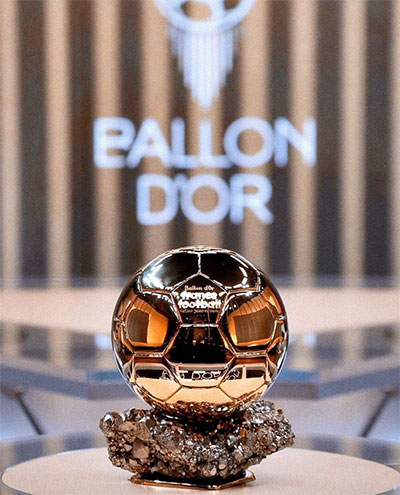


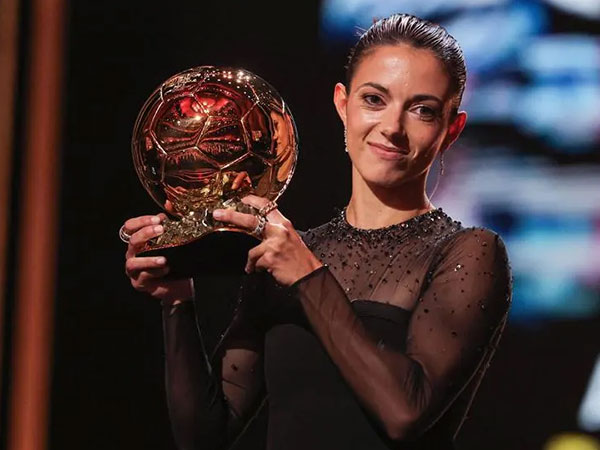
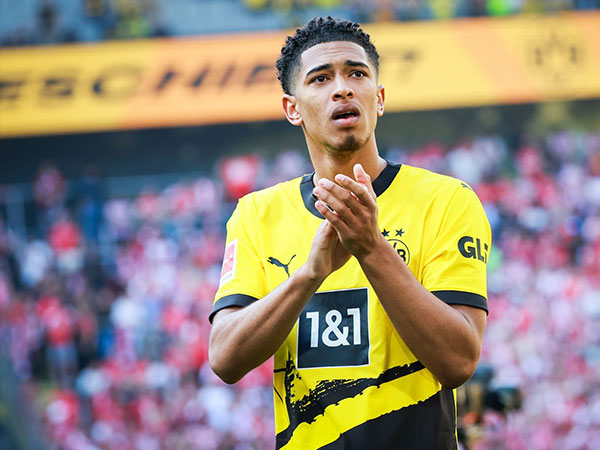
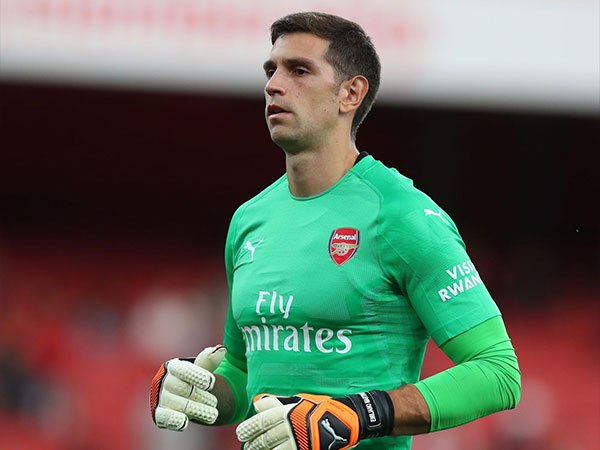
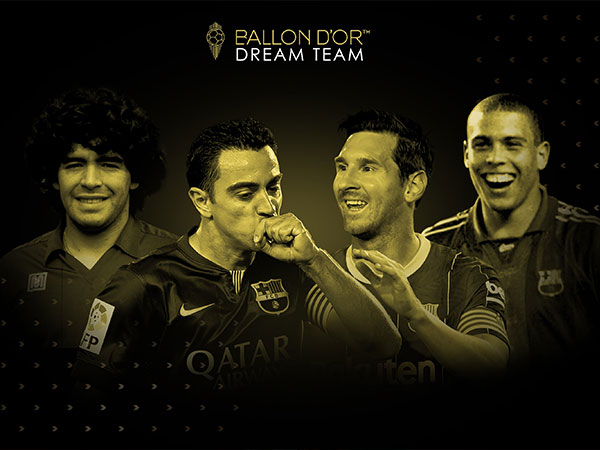
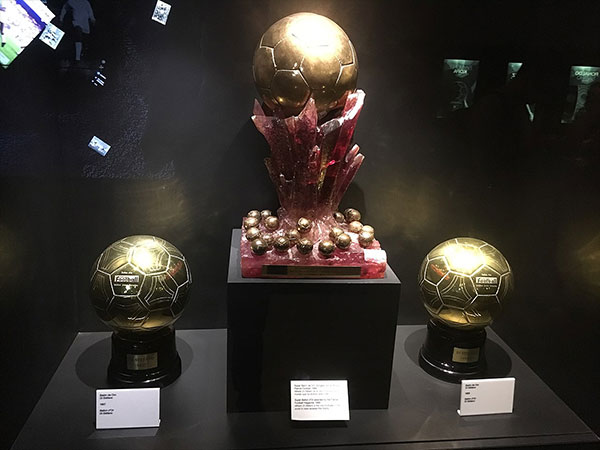
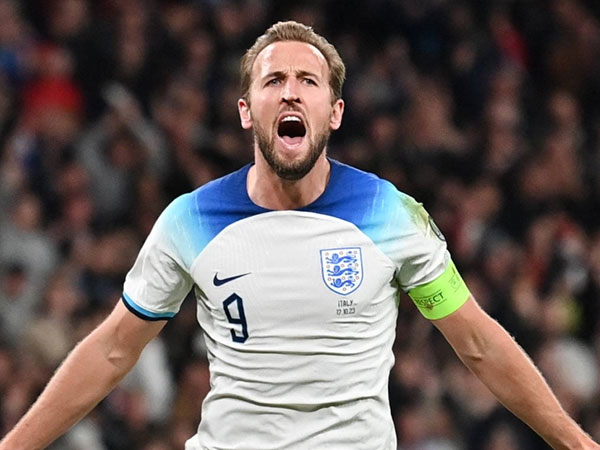

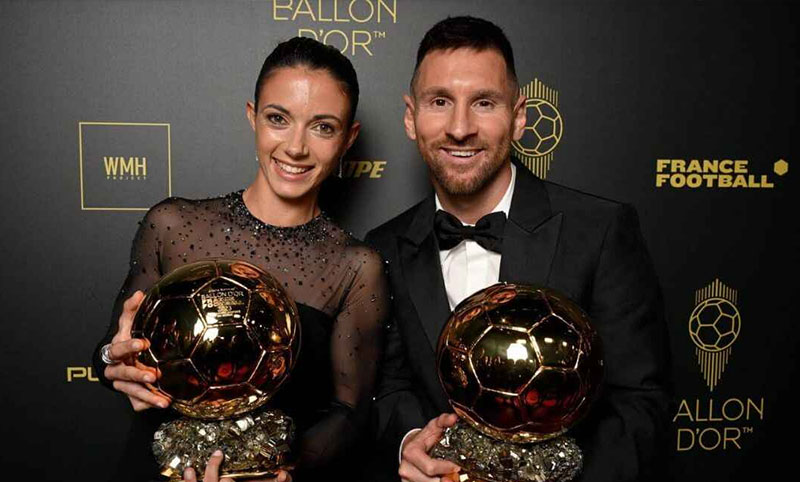
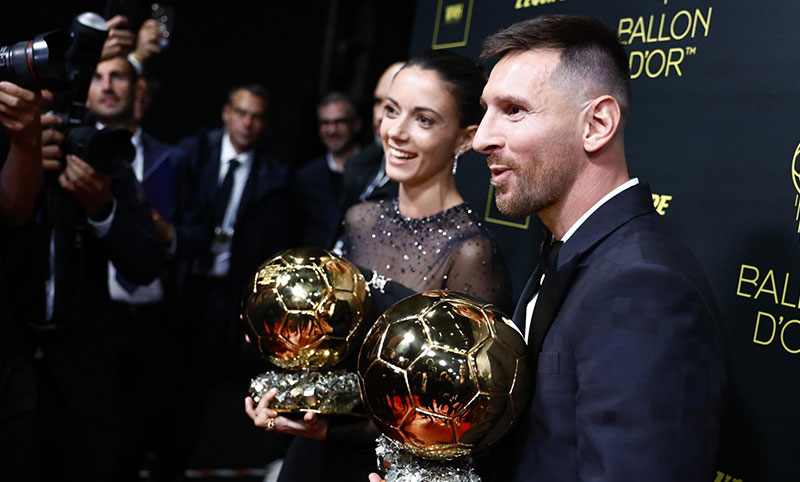
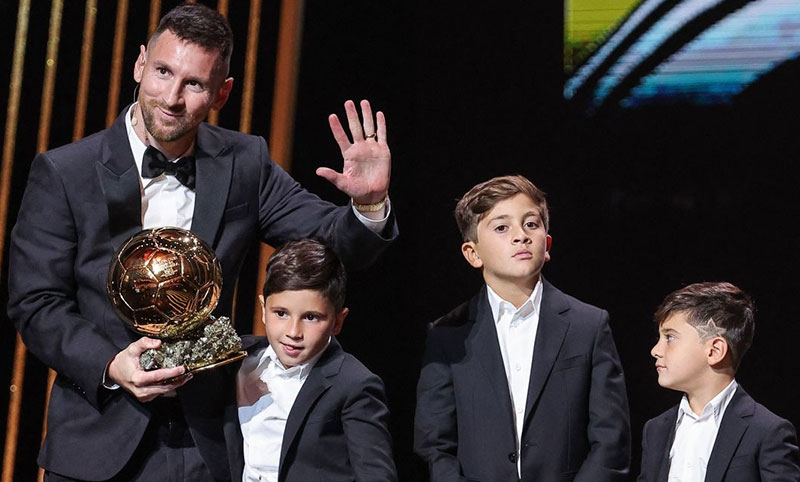
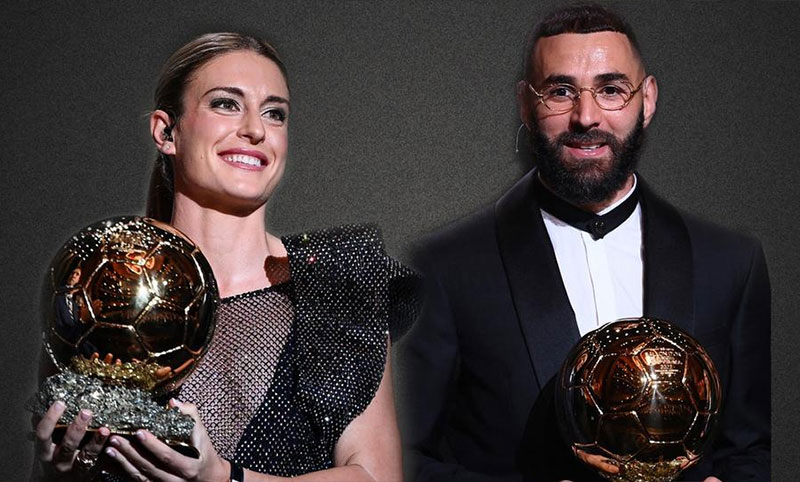
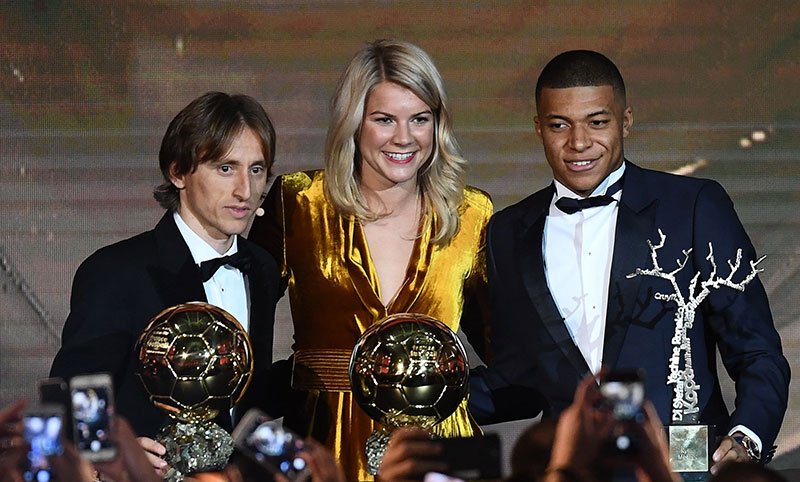
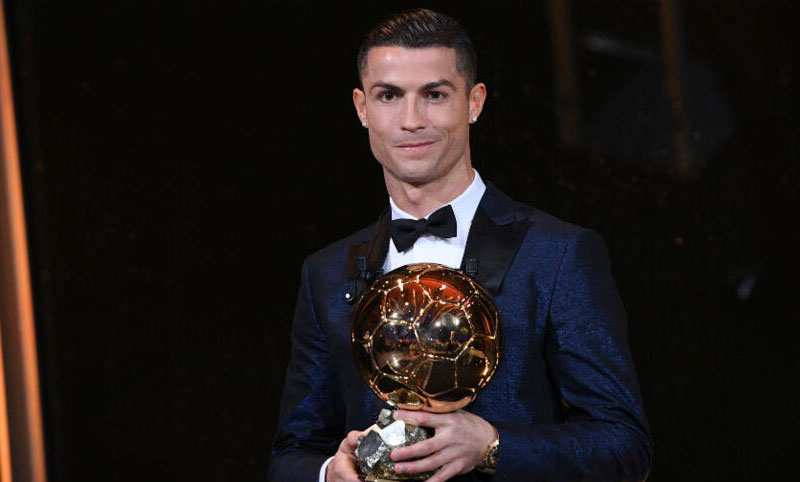
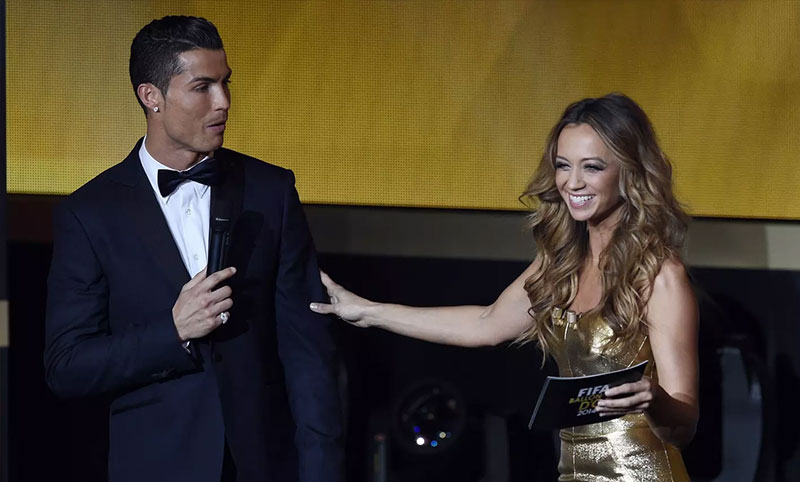
 •Wikipedia
•Wikipedia








